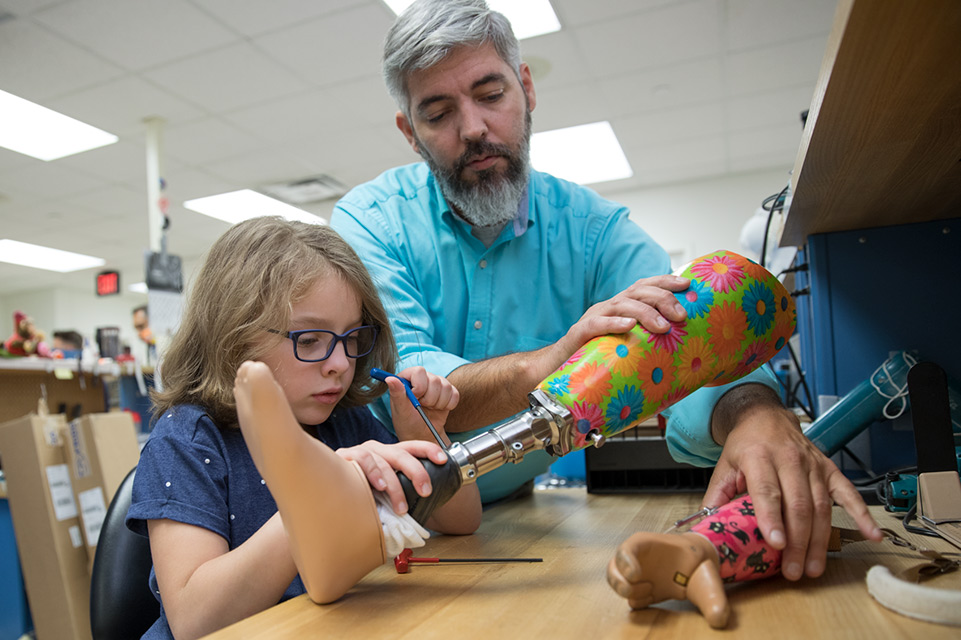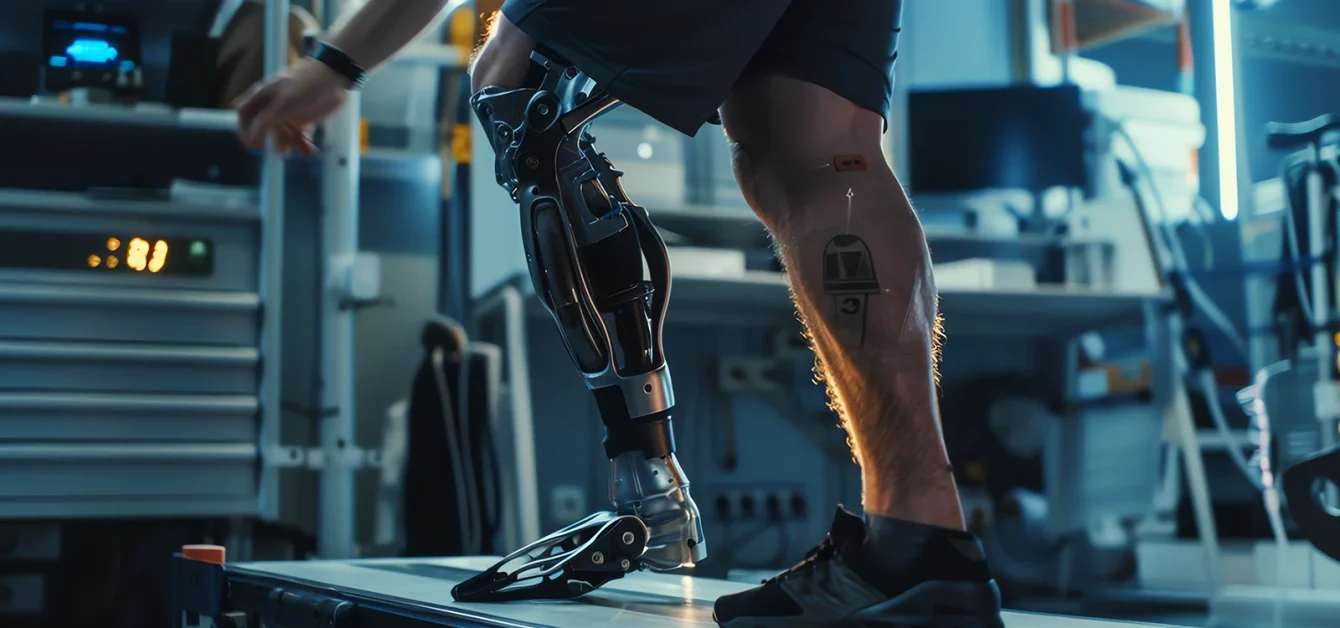Prosthetic Limbs For Children: Letting Young Patients Live Active Lives
Addressing Unique Challenges Faced by Young Children
Children born without limbs or who lose them early in life often face unique challenges, both physically and emotionally. Pediatric prosthetics play a crucial role in meeting these challenges, as children require devices designed not only for their size but also for growth and active lifestyles. Specialized care teams focus on blending function, durability, and adaptability so young patients can participate in everyday activities with confidence and joy.

Custom-Made Pediatric Prosthetics Support Growth and Activity
Unlike adult devices, pediatric prosthetics must accommodate the rapid growth of children. This means prosthetic limbs need adjustable features and materials that can be easily modified or replaced. Modern technology enables the creation of lightweight and flexible limbs, allowing children freedom to play sports, run, and keep up with friends. These custom designs ensure that children can continuously engage in movement, exploration, and discovery.
Enhancing Confidence and Independence in Young Patients
Gaining independence is an essential part of a child’s development, and prosthetic limbs help foster this growth. With well-fitted pediatric prosthetics, children can perform personal tasks—like dressing, writing, and riding a bike—on their own. This self-sufficiency builds self-esteem and sets the foundation for a positive self-image. Emotional support from families and care teams further enhances young patients’ ability to overcome challenges and lead fulfilling lives.
Collaborative Care Teams Foster Ongoing Success
Creating and maintaining prosthetic limbs for children requires the cooperation of skilled professionals, including prosthetists, physical therapists, and pediatric specialists. These care teams work closely with families, tracking developmental milestones and making necessary adjustments as children grow. Regular follow-up appointments, training sessions, and emotional counseling are important in ensuring children are supported every step of the way through their journey.
Addressing Social Integration and School Participation
Social engagement is vital for children’s well-being. Properly fitted pediatric prosthetics empower children to join peers in school activities, playground games, and group events. Teachers, coaches, and classmates can learn to support and understand the needs of prosthetic users, fostering an inclusive environment. Through increased mobility and participation, children can make friends easily, develop teamwork skills, and feel accepted by their community.
Looking Toward a Bright, Active Future for Young Patients
With advancements in technology and holistic pediatric care, the future for children with prosthetic limbs is bright. Pediatric prosthetics allow young patients to be active, adventurous, and resilient. By prioritizing adaptability, emotional support, and ongoing customization, families and care teams help children realize their full potential and live vibrant, joyful lives.

